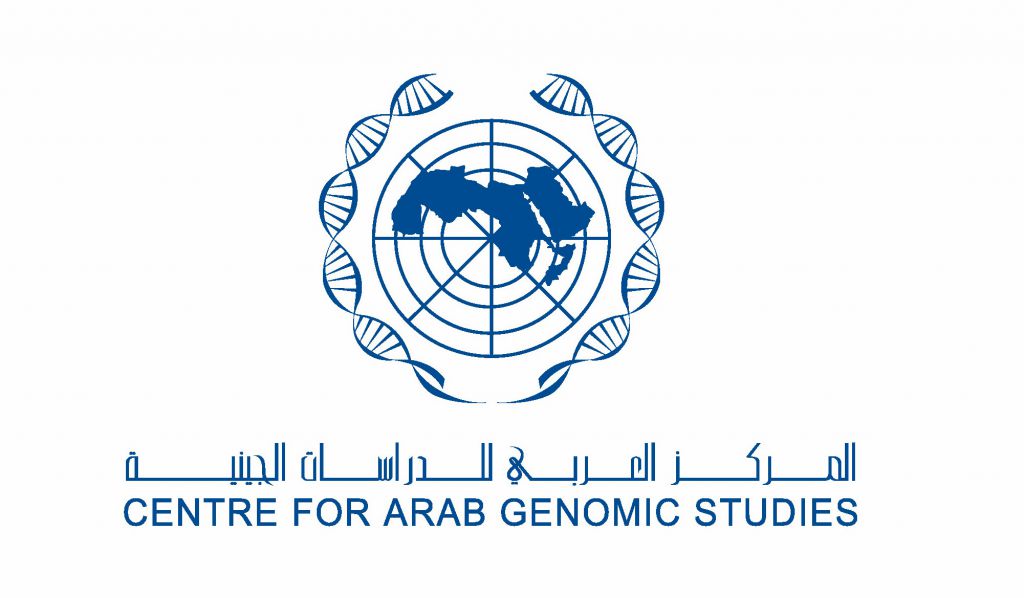On the occasion of the World Rare Disease Day: The Centre for Arab Genomic Studies issues a gap analysis report on the subject of scientific research on rare diseases in the Arab world UAE and KSA the most proliferative Gulf countries researching the genetic causes of rare diseases
26 February 2015
To mark the World Rare Disease Day; the Centre for Arab Genomic Studies, affiliated to Sheikh Hamdan Bin Rashid Al Maktoum Award for Medical Sciences, issued a report entitled "Gap Analysis of Scientific Research on Rare Diseases in the Arab World". The Award's involvement with this highly important event continues for the 5th consecutive year with the slogan "Day-by-day, hand-in-hand".
Research papers on rare diseases in Arabs were thoroughly analyzed in CAGS' report, which focused mainly on disorders affecting less than 10 persons per 100,000 live births. The comprehensive coverage provided by the Catalogue of Transmission Genetics in Arabs; (CTGA) database, was absolutely instrumental for producing the report. For over a decade now, the CTGA database is being updated on a regular basis with the latest peer-reviewed studies published in international scientific journals, so as to become the largest ethnic-based database worldwide.
CAGS' report reviewed studies published on the CTGA database about rare diseases in Gulf countries, and in doing so CAGS highlighted the shortage of studies that choose to go beyond clinical description of symptoms to investigate deeper causality. Nevertheless, numbers of molecular studies look much better when considering UAE and Saudi Arabia.
From Saudi Arabia, the database has 83 clinical records, compared with 57 records about molecular investigations of the genetic causes of rare disorders. Regarding the UAE, the report states that there are 87 records on the clinical symptoms of rare diseases compared to 46 records about the genetic causes.
For the rest of the GCC Countries namely; Qatar, Oman, Kuwait and Bahrain, 350 records on clinical symptoms of rare diseases were reported, compared to 49 records on genetic causes.
The report noted that this shortage is not restricted to the GCC countries or to the subject of rare genetic disorders, but it applies to all genetic disorders listed in the CTGA database with a total number of 1870 records, for a particular disease or a gene. Only 33% of the total entries in the CTGA are genetic ones, while the rest are phenotypic studies.
Since 75% of rare diseases affect children, mostly for genetic reasons, the report confirmed the need to raise the interest in the genetic studies in the Arab countries, especially that it is estimated that 25 million persons are affected with approximately 8,000 rare diseases. This number is continuously increasing as a result of high consanguinity and the improvement of diagnostic methods in health care centers in the Arab world.
The report particularly highlighted the immense need to mobilize resources towards performing more molecular research and paying more attention to the education and training for future clinical geneticists in the Arab world, who make the link between practitioners in clinics and molecular scientists.
Also, the report stressed that the accumulation of knowledge about the genetic causes of rare diseases on the local level would allow for the development of ethnically-specific diagnostics and therapeutics that achieve superior results in terms of prevention and treatment. All this hold the great promise of amassing a huge wealth of information that can provide proper guidance for healthcare providers and policymakers locally and regionally.

